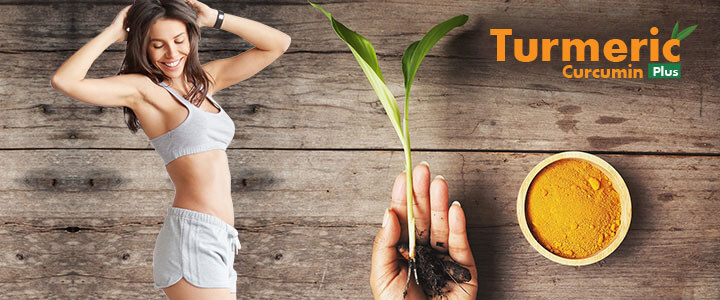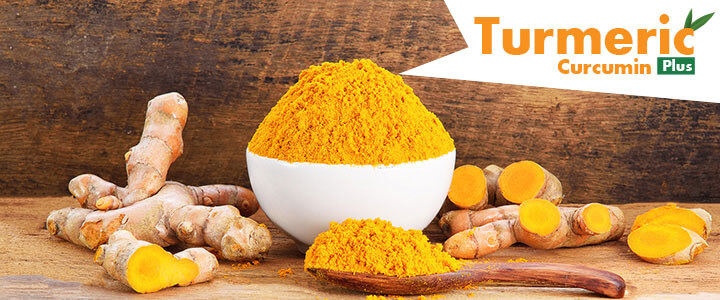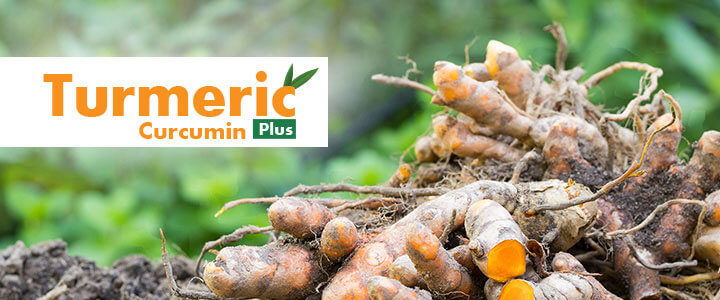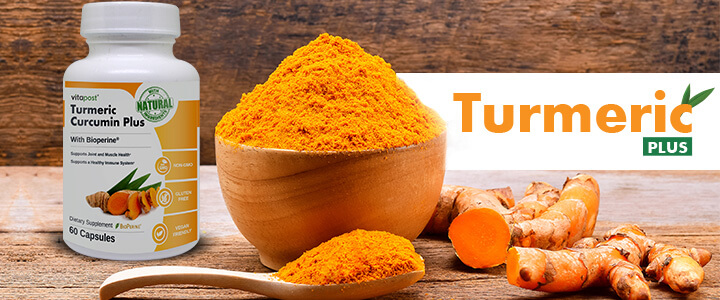10 Proven Health Benefits of Turmeric and Curcumin
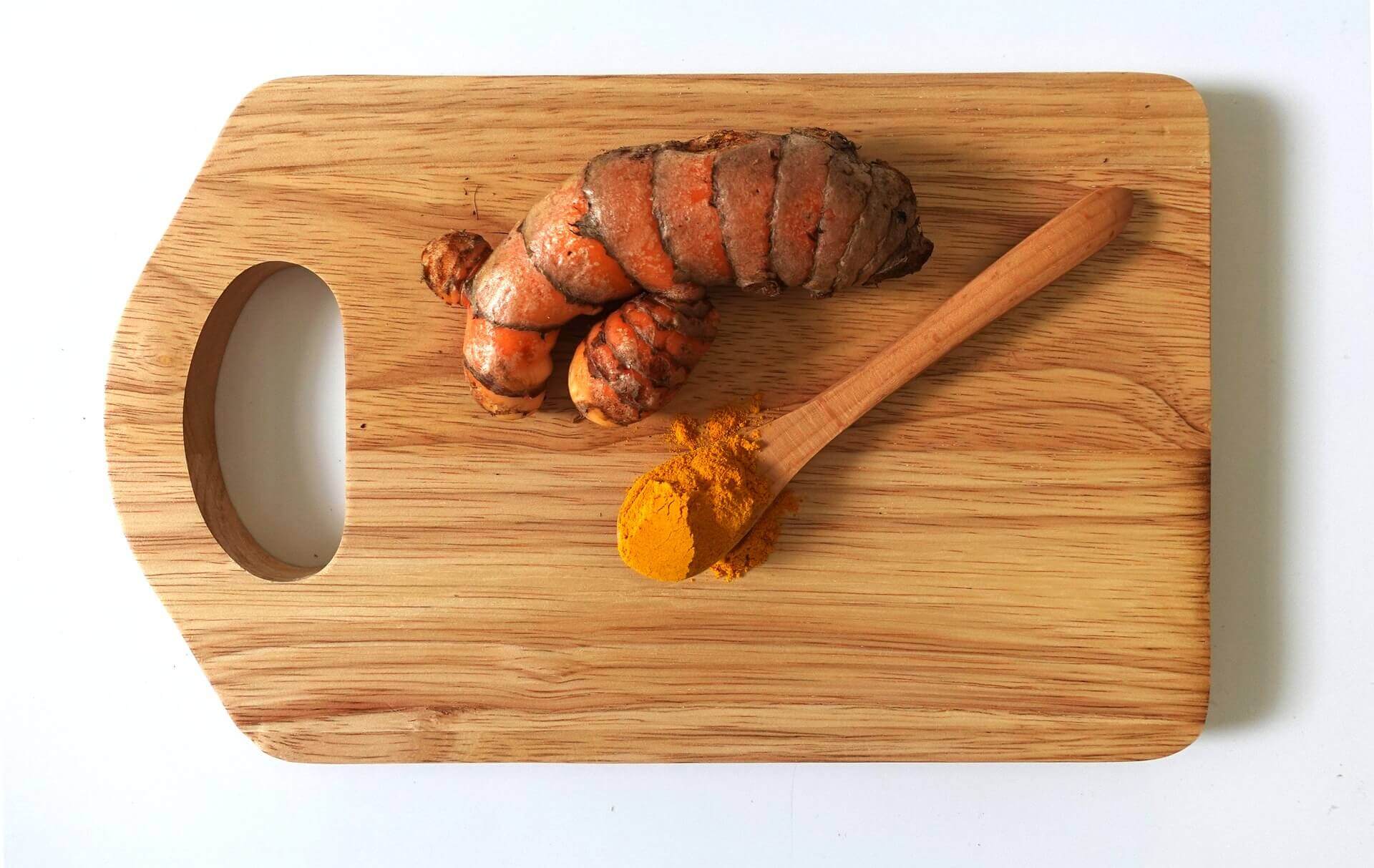
Turmeric and Curcumin
Turmeric – Curcuma longa, like many other spices, has a long history of use in traditional medicine. Turmeric is generally cultivated from the rhizomes, or roots, of a flowering plant.
Table of Contents
ToggleTurmeric is best recognized in the United States as a spice. It is one of the most important ingredients in curry powder. Turmeric is used to treat a variety of ailments in India traditionally used in Ayurveda and other parts of Asia.
It is thought to contain anti-inflammatory, antioxidant, and maybe cancer-fighting qualities. Turmeric will be added to most of the Indian dishes.
Curcumin is the main active ingredient in turmeric, and it’s what gives it its distinctive yellow color. Curcumin is responsible for the majority of turmeric’s possible health benefits.
Health Benefits of Turmeric and curcumin
According to NIH Turmeric, a spice known for its therapeutic Benefits has attracted the attention of medical and scientific researchers as well as culinary lovers, as it is the primary source of the polyphenol curcumin.
It helps with oxidative and inflammatory disorders, metabolic syndrome, arthritis, anxiety, and hyperlipidemia treatment. It may also aid in the treatment of exercise-induced inflammation and muscular pain, allowing active persons to recover faster and perform better.
Furthermore, even if a person does not have a documented health condition, a relatively low dose of the complex can provide health advantages.
Turmeric is now recommended as a dietary supplement for a wide range of medical conditions, including arthritis, digestive disorders, respiratory infections, allergies, liver illness, depression, and more.
Why is Curcumin Taken as a Supplement?
Turmeric has a curcumin level of approximately 3%. The majority of trials on this herb use turmeric preparations that are mainly curcumin, with daily doses typically exceeding 1 gram.
It would be quite difficult to achieve these levels solely by the consumption of turmeric as a spice.
This is the reason people prefer to take supplements.
1. Curcumin has anti-inflammatory elements
Turmeric is well known for its combat inflammation, and curcumin is responsible for the majority of turmeric’s anti-inflammatory properties.
According to a study, curcumin may be a more effective anti-inflammatory treatment than conventional anti-inflammatory drugs like Advil (ibuprofen) and aspirin in the right amount. More research is also required in this area.
Curcumin may help treat disorders including inflammatory bowel disease, pancreatitis, and arthritis. Because chronic inflammation has a role in many chronic diseases.
2. Curcumin prevents heart diseases
Curcumin may improve endothelial function or the health of the thin membrane that covers the inside of the heart and blood arteries. This membrane is important for blood pressure regulation. Endothelial dysfunction is linked to aging and a higher risk of heart disease.
As a result, curcumin may help guard against age-related loss of function while also lowering your risk of heart disease.
Researchers investigated the effects of an eight-week aerobic exercise program and a curcumin supplement on endothelial function in postmenopausal women in one study.
3.Curcumin aids prevention of cancers
Curcumin may play a role in the treatment and prevention of a range of malignancies, including colorectal, pancreatic, prostate, breast, and gastric cancers because inflammation is connected to tumor formation.
Curcumin may help delay the spread of tumor cells and perhaps prevent tumors from growing in the first place, according to research in mice.
It could do so in a variety of ways, including blocking the production of malignant cells at different stages of the cell cycle, interfering with cell signaling pathways, and even killing diseased cells. Curcumin’s ability to aid in the treatment of cancer in humans has yet to be determined.
4. Curcumin Aids in Osteoarthritis
Curcumin could be an effective and safe long-term therapeutic option for persons with osteoarthritis due to its significant anti-inflammatory characteristics (OA).
At least, that’s what the authors of a recent evaluation of curcumin’s therapeutic use in the treatment of osteoarthritis concluded. The review was initially published as part of the Advances in Experimental Medicine and Biology book series in August 2021.
In a mouse study published in the June 2016 issue of Arthritis Research & Therapy, researchers discovered that 50 mg of oral curcumin per kg of body weight considerably reduced the progression of OA. when a topical curcumin treatment offered pain alleviation. However, it has to be established whether these special advantages apply to people.
5. Curcumin Aid in the treatment of diabetes
Curcumin may help treat and prevent diabetes, as well as related conditions. Which includes diabetic nephropathy, commonly known as diabetic kidney disease.
which affects persons with both type 1 and type 2 diabetes, according to a previous evaluation of studies. One disadvantage is that much of the research was conducted on animals rather than humans.
One study reported that feeding rats with type 2 diabetes 80 mg of tetrahydrocurcumin (one of the primary compounds in curcumin) per kg of body weight for 45 days resulted in a significant decrease in blood sugar and a rise in plasma insulin.
Curcumin may be a good complement to diabetes treatment to improve insulin resistance and blood sugar control. As well as lower blood lipids (fatty substances found in the blood).
The authors of a new review (Evidence-Based Complementary and Alternative Medicine released the findings in August 2021.
6. Curcumin aids in Alzheimer's disease
Turmeric may potentially aid in the prevention of prevalent degenerative disorders such as Alzheimer’s.
By raising levels of brain-derived neurotrophic factor (BDNF). A protein found in the brain and spinal cord that is important for learning and memory by keeping nerve cells (neurons) healthy and regulating nerve cell communication.
Curcumin may help postpone or reverse brain degeneration, as reduced levels of BDNF are linked to prevalent brain illnesses like Alzheimer’s.
7. Curcumin Supports in Depression Treatment
The spice shows promise as an effective antidepressant. One study found that rats injected with 50, 100, or 200 mg/kg of curcumin for 10 days had a dose-dependent increase in BDNF, with the higher dose of 200 mg/kg showing greater antidepressant effects.
Researchers randomly assigned 60 patients with major depressive illness to one of three groups in a human trial published in Phytotherapy Research: The first group was given 20 mg of fluoxetine (Prozac is a common brand name), regularly. Another was given 1,000 mg of curcumin, and a third was given a mix of the two.
The three groups showed comparable gains after six weeks, prompting researchers to believe that curcumin could be a safe and effective treatment for major depressive disorder.
8. Curcumin help Treat Rheumatoid Arthritis
Curcumin has shown potential as a treatment for rheumatoid arthritis (RA), a chronic inflammatory illness that primarily affects the joints but can spread to the eyes, lungs, skin, heart, and blood vessels.
RA produces painful joint swelling, which can cause bone deterioration over time, leading to deformities and physical limitations.
In one trial, patients with RA were given 500 mg of curcumin, 50 mg of diclofenac sodium (a prescription nonsteroidal anti-inflammatory medicine), or the two together.
When compared to the other two groups, the curcumin-only group experienced significant improvements in joint discomfort and swelling after eight weeks. The curcumin treatment was also shown to be safe, with no negative side effects, according to the experts.
9. Turmeric and Skin Health
Turmeric may be a helpful treatment for a range of skin disorders, including acne, eczema (atopic dermatitis), photoaging, and psoriasis, due to its anti-inflammatory, antibacterial, and antioxidant qualities. However, solid research is missing.
According to a review published in the January 2018 issue of the Open Access Macedonian Journal of Medical Sciences, oral curcumin, in particular, may be an effective and safe treatment option for psoriasis (a chronic inflammatory skin disease). More research is needed before doctors can make recommendations.
10. Turmeric Shields your body from Free Radicals.
Antioxidants help protect your body from free radicals, a type of extremely reactive atom that is produced in our bodies and found in environmental contaminants such as cigarette smoke and industrial toxins.
Excessive exposure to free radicals can wreak havoc on your body’s fats, proteins, and even DNA, leading to a variety of common diseases and health conditions such as cancer, arthritis, heart disease, and Alzheimer’s.
As a result, antioxidant-rich spices like turmeric may help protect you from free radical damage.
According to a review published in the October 2017 issue of Foods, curcumin, in particular, can scavenge distinct forms of free radicals, control enzymes that neutralize free radicals, and inhibit certain enzymes from producing certain free radical types.
Other Health Benefits of Curcumin
Apart from the above-mentioned amazing health Benefits of Turmeric, also works as an Anti-aging supplement and aid in treating Glaucoma eye diseases.
What else do we need? Let’s Add Curcumin to our everyday life and get your health improved.

